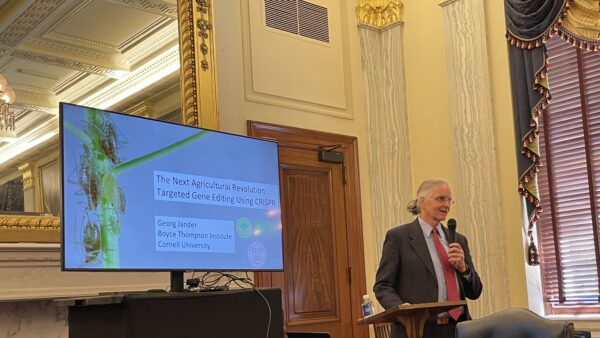There’s two ways of doing business — tell your customer what they need or tailor your services to fit them (in other words, give them what they want).
Smart businesspeople use a bit of both models. After all, you definitely want to know your customer so you can tailor your services to fulfill their needs. At the same time, you want to be an innovator and offer them something new, something that improves upon the older technology or service they have become used to. Steve Jobs and his vision for the iPhone is a great example of this.
But the above paradigm is a bit of a paradox. How can you innovate and provide something new when you don’t really know your customer? You have to understand their existing needs in order to provide an innovative solution.
That was one of the reasons for us adding more boots on the ground over the past couple of years. Dennis Roth is our Territory Manager for Ontario and Ryan Floyde serves Alberta. Despite the ability to be constantly connected these days, there’s no substitute for having people on the ground where they know and interact with customers who live and work in their home region.
The structure of the industry in specific regions has a direct impact on services offerings. The kinds of crops grown in the East lead to more seed being treated and bagged through the winter, in contrast to the Prairies where most seed treating is done during seeding season. That’s because during seeding, far more seed is delivered in bulk as opposed to in bags.
Delivery method changes the customer’s needs. Due to bulk versus bagged scenario, the timing of the seed treatment and the equipment they need is different. If you are in Ontario or Quebec and process seed all winter long, you can do it at plant cleaning capacity, which is lower than the truckload capacity used in Manitoba or Saskatchewan.
Boots on the ground allow you to cater to those regional differences a lot more effectively. For example, Dennis and Ryan each have a small inventory of critical spare parts tailored to people in their regions. In the event of an emergency breakdown, we can potentially reduce downtime by being able to deliver a part right away.
I’ve learned over the years that the services we provide have to be designed around the needs of people in specific regions of this country — allowing us to both give them what they want and innovate at the same time.







